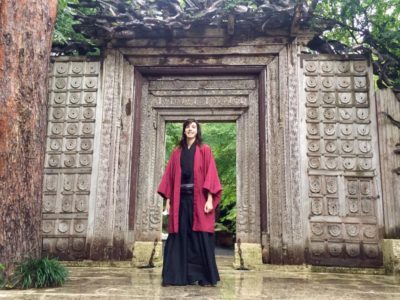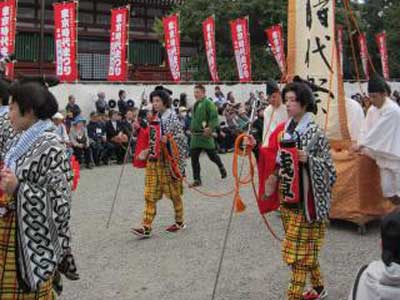The day that is now Culture Day used to be commemorated for another reason. It was a holiday in honor of Emperor Meiji’s birthday. It started in 1868 but was discontinued in 1912 when the Emperor died. Then, in 1927, it became a holiday again known as Meiji-setsu. What can you expect to see when you are in Japan during Culture Day on November 3rd?


Honoring the Emperor
In Japan, honoring Imperial birthdays is a relatively new tradition. Emperor Meiji was the first emperor to reclaim the power and dignity of the Imperial family. In 1868, the shogun government was abolished, allowing Japan to begin to advance into the modern world. So the meaning of the celebration changed in 1946, with the creation of the post-war constitution.
Culture day – Bunka no hi
Culture Day, otherwise known as Bunka no Hi, is a day to honor traditional Japanese culture. On this day, we honor the country’s rich culture, education, and arts. Exhibits, parades, shows, and festivals erupt in numerous cities, with large crowds in attendance. November 3 is Culture Day, and it has been a national holiday since 1948.
Culture Day Nowadays
On Culture Day, festivals are held around the country, celebrating traditional Japanese art. There is also a long parade through the city of Hakone where people wear traditional clothing from the Edo era. At the Meiji Shrine (which is named in honor of Emperor Meiji) there are various martial arts demonstrations given throughout the day.
The Order of Culture Awards are held in Tokyo’s Imperial Palace and are typically presented by the Emperor to people who make outstanding contributions to Japanese culture
Jidai matsuri in Asakusa
The parades and festivals during Culture Day are a sight to behold. The Tokyo Jidai Matsuri, or ‘Festival of Ages’, is celebrated near the Sensoji Temple in Tokyo, and it is a big draw for locals and visitors alike. People dress up in various period costumes (usually the Edo period). Samurai warriors, geisha, daimyos, and the like can be seen parading the streets of the city.
Culture Day is statistically one of the clearest days of the year. Between 1965 and 1996, there have only been three years with rain occurring in Tokyo on Culture Day. It’s a great day to delve into the rich history and culture of Japan as most museums in Tokyo and across the rest of the country are open for free on Culture Day.
Your Japan Tour
If you are thinking about making a trip to Japan, as seasoned Japan experts we can help you create your perfect Japan tour. We can include expert guides who can add to your holiday with their extensive knowledge of Japanese culture and they know just where to go on a national holiday for the best experience. Contact us to start planning your unforgettable holiday to this fascinating country full of once-in-a-lifetime experiences, culture, history, nature, and delicious food!